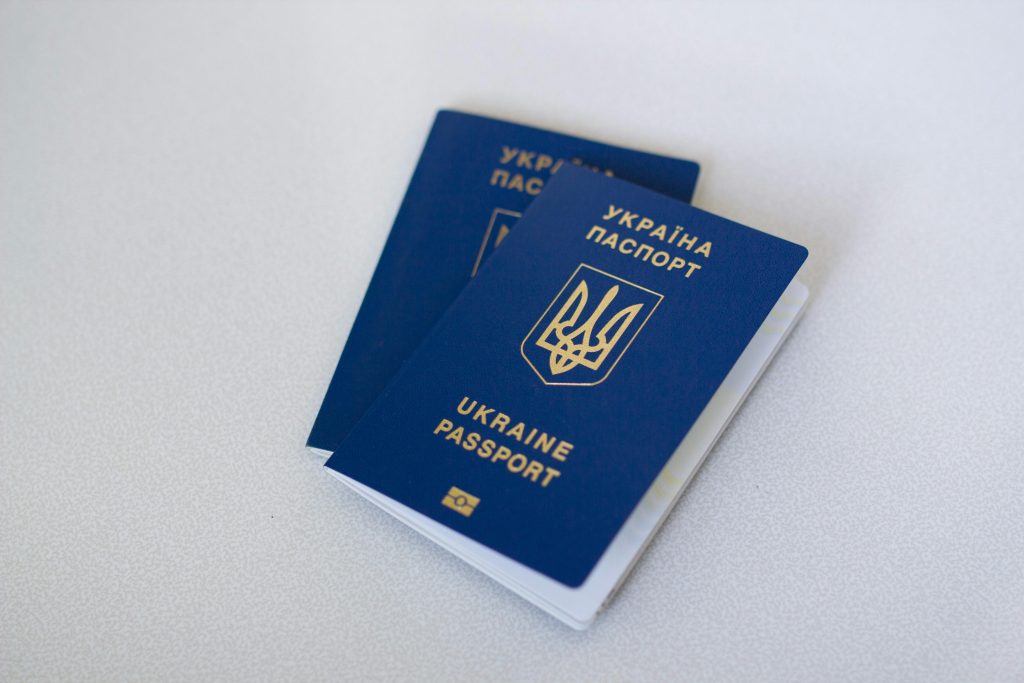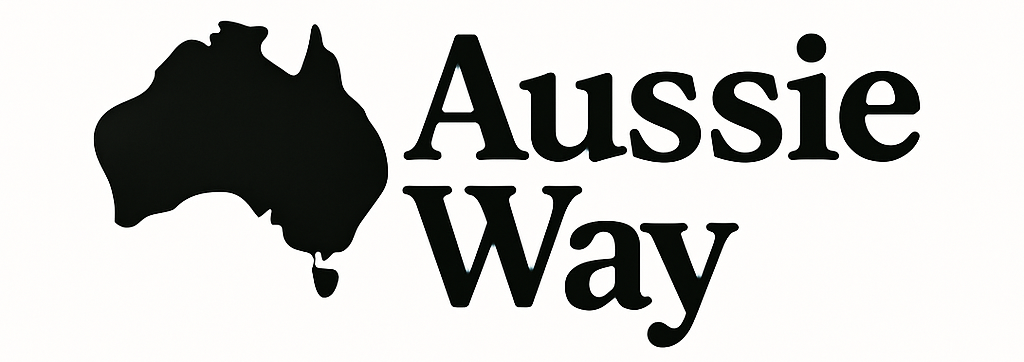Introduction
Moving to Australia is a bold and exciting decision—but it comes with a unique set of challenges. From navigating visa requirements to understanding the cost of living and settling into a new culture, relocation requires careful planning and the right information.
At Aussie Way, we help individuals and families transition smoothly into life down under. In this guide, you’ll discover the top tips for success in moving to Australia—covering everything from legal preparation and logistics to lifestyle adjustments and cultural insights.
1. Secure the Right Visa for Your Situation
Australia offers a variety of visa options depending on your goals—whether you’re moving for work, study, business, or family.

Common visa types:
- Skilled Migration Visas (e.g., 189, 190, 491) – for qualified professionals
- Student Visa (subclass 500) – for international students
- Partner or Family Visas – for those joining a spouse or relative
- Temporary Graduate or Work Visas – for recent graduates or job offers
Tip: Use the Australian Government’s Visa Finder or consult a registered migration agent for expert guidance.
2. Understand the Cost of Living Before You Arrive
Australia offers a high quality of life—but that comes with relatively high living costs, especially in major cities like Sydney, Melbourne, and Brisbane.
Average monthly costs:
- Rent: AUD $1,500–$3,000 (depending on location and property type)
- Groceries: AUD $500–$1,000
- Utilities & Internet: AUD $200–$300
- Public Transport: AUD $100–$200
Plan your budget accordingly and consider settling in regional areas for a lower cost of living and potential visa advantages.
3. Open an Australian Bank Account Early
Setting up a local bank account is essential for receiving income, paying rent, and handling daily expenses.
Major banks include:
- Commonwealth Bank
- ANZ
- NAB
- Westpac
You can usually start the process online up to 3 months before your move, then complete verification upon arrival.
4. Find Temporary Accommodation While You Settle
Before signing a long-term lease, book short-term accommodation to give yourself flexibility.

Options include:
- Airbnb or short-stay apartments
- Hostels or shared accommodation
- Serviced rentals with month-to-month leases
This allows time to explore neighbourhoods and make an informed decision about where you want to live.
5. Understand Local Healthcare and Insurance Options
Australia has a world-class public healthcare system (Medicare), but eligibility varies by visa type.
What you need to know:
- Permanent residents are usually covered by Medicare
- International students must obtain Overseas Student Health Cover (OSHC)
- Private insurance can supplement or replace public coverage
Check your visa conditions and arrange appropriate health insurance before arrival.
6. Get Your Qualifications Recognised
To work in your profession, you may need to have your qualifications assessed or accredited by an Australian authority.
Examples:
- Engineers: Engineers Australia
- Nurses: Australian Nursing & Midwifery Accreditation Council
- Teachers: Australian Institute for Teaching and School Leadership
Each industry has its own process—start early, as approvals can take weeks or months.
7. Understand the Culture and Communication Style
Australians are known for being friendly, informal, and direct.

Cultural insights:
- Punctuality is valued
- Small talk and humour are common in social and professional settings
- Workplaces are generally egalitarian—titles and hierarchy are less formal
Adapting to these cultural norms helps ease integration and build strong relationships quickly.
8. Prepare Your Resume to Australian Standards
If you’re job hunting, tailor your CV and cover letter to meet Australian employer expectations.
Key differences:
- No photo or date of birth required
- Emphasis on achievements and responsibilities
- Include references and local address (if available)
- Use Australian English spelling and terminology
You can also register with recruitment agencies to expand your opportunities.
9. Get a Tax File Number (TFN) or Australian Business Number (ABN)
To work in Australia, you’ll need a TFN for employment or an ABN if you’re self-employed.
How to apply:
- TFNs are issued by the Australian Taxation Office (ATO) and are free
- Apply online after arriving using your visa and passport details
- Employers require this for tax and superannuation purposes
Without a TFN, you may be taxed at the highest rate.
10. Connect with Community and Support Networks
Relocating is easier when you feel connected. Seek out expat groups, language meetups, or community centres in your area.

Support options:
- Local councils often host new resident programs
- Facebook groups for international newcomers
- University international student services
- Cultural organisations and faith-based communities
The more you engage locally, the faster you’ll feel at home in Australia.
Conclusion
Moving to Australia is a major life step—but with the right preparation, it can be a smooth and rewarding experience. By understanding visa requirements, planning financially, embracing cultural differences, and staying connected, you’ll be well on your way to building a successful and fulfilling life in Australia.
At Aussie Way, we support individuals and families every step of the way—from first questions to final settlement. Use these tips to move forward with clarity and confidence.
